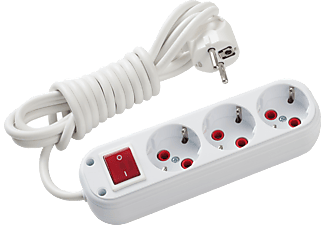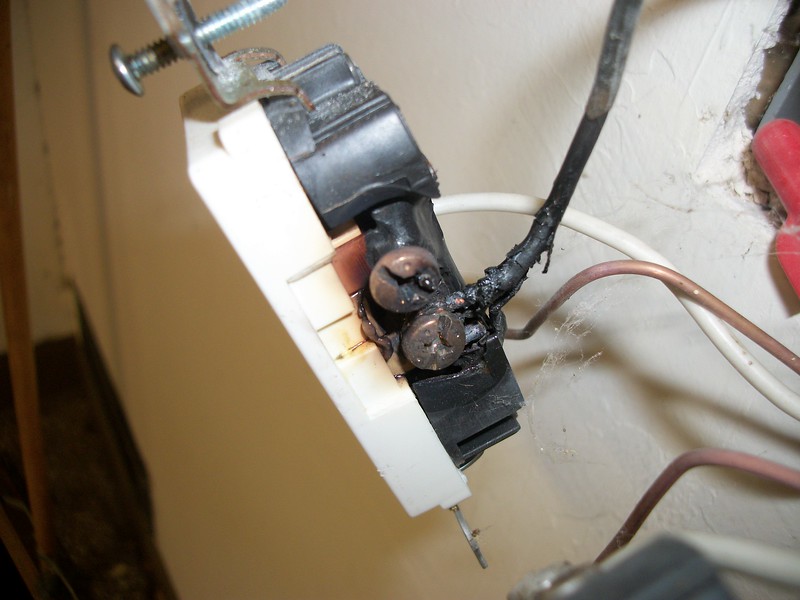One thing to consider, though, is that once the battery capacity does degrade enough to suggest a replacement, that replacement is likely to be MUCH higher capacity, and probably cost less. Given that, I don't worry about it. Tom's experience over 56K miles seems to indicate that it isn't a huge problem that needs to be addressed. It's nice to have the full capacity in the car when leaving in case your plans change along the way.
Note, though, that it is the car that adjusts how much current it wants, not the EVSE. The only two things coming out of the EVSE are power and the pilot signal that tells the vehicle the maximum it can draw, but it is the vehicle that then decides how much and when the power is applied...sort of like a lightbulb, even if only a 40W bulb, it still works with a 15A supply without damage. Think of the car's logic as having a dimmer circuit that can throttle back the max power from the EVSE into whatever it currently needs up to and including telling the EVSE to shut off the power.
A CCS unit, on the other hand, does need to adjust it's output as it's essentially going directly into the batteries, rather than the acv from the EVSE that is going into the vehicle's power supply. Another reason why it must cost lots more than an EVSE.



